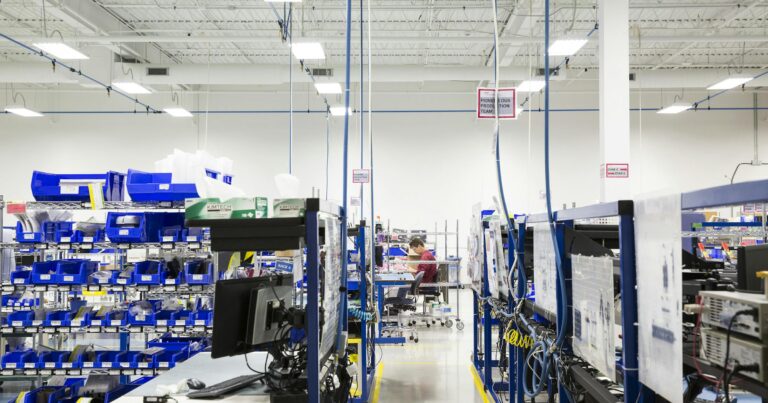Efforts to bolster Minnesota’s health care and life sciences businesses were left out of the latest round of federal funding for designated technology hubs, but economic development officials are hopeful the money will be available in the future.
Minnesota MedTech 3.0 was one of 31 tech hubs selected by the U.S. Department of Commerce in October to qualify for a large pool of funding. The group behind the proposed hub sought $60 million.
The Commerce Department on Tuesday announced $504 million in funding for 12 hubs, including $49 million for the Wisconsin Biotech Health Hub.
Commerce Department officials said they plan to invest in additional hubs if more funding is secured.
Minnesota medical technology professionals are confident in their long-term goals.
“I think there will be other funding opportunities, and we’ll continue to work on building an ecosystem for startups,” said Ping Ye, CEO of Arden Hills-based Vocxi Health Inc.
Vocxi is developing a device that can diagnose lung cancer based on a patient’s breathing.
Greater MSP, which led the MedTech 3.0 Collaboration, pledged this year to move forward with the plan even if federal funding is not secured.
“We are disappointed by this decision [this week]”We will not stop trying,” Greater MSP CEO Peter Frosh said in a statement. “We will continue to work to receive the next round of federal funding, but we are not waiting to take action.”
“Together in the coming months, we will build the nation’s leading health data coalition for healthcare innovation, incubate hundreds of fast-growing startups, and create great careers for thousands of Minnesotans.”
Greater MSP has already committed over $65 million in direct and in-kind donations from partners. MedTech 3.0 envisions support for startups, workforce development and technological advancement.
Frosh credits Medtronic CEO Jeff Murtha with approaching Greater MSP about the idea of a medical technology hub in 2023.
“We were designated an America’s Tech Hub because we have the best strategy in the nation to grow the future of medical technology, and that hasn’t changed,” Murtha said. “The world needs better health care solutions that are more accessible and more affordable.”

